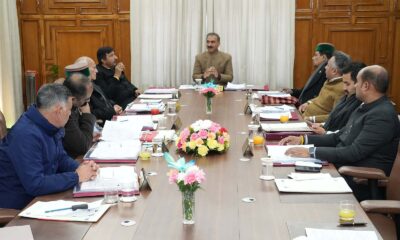Nation
South Asian Activists Join Hands to Form SAPAN (South Asia Peace Action Network)
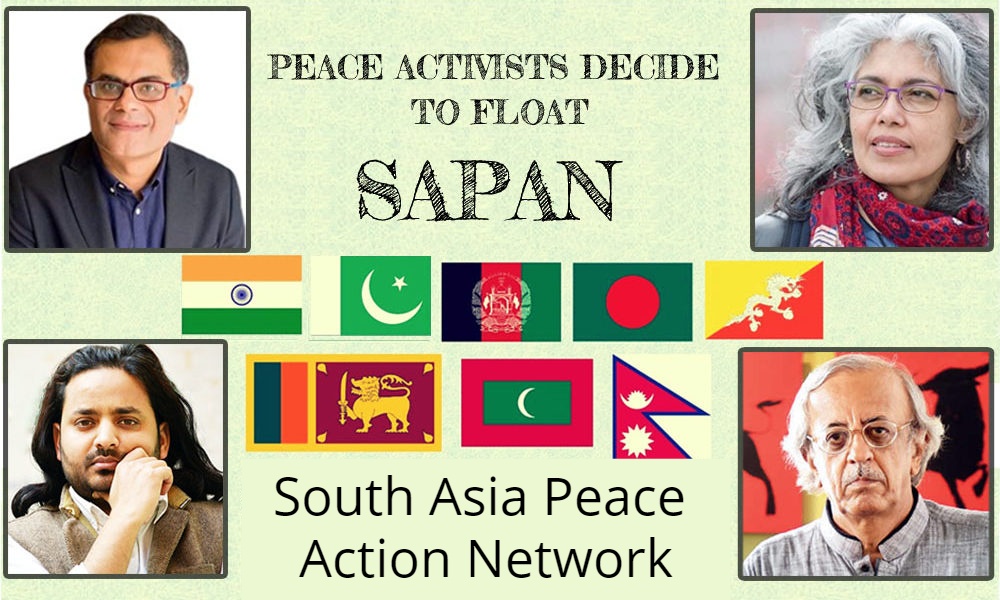
Peace activists from India and Pakistan on March 28th through a virtual session resolved to float a South Asia Peace Action Network (SAPAN) to bring “peace-monger” groups and individuals working towards peace and stability in the region under one umbrella. These activists have been working on these issues for a long time and were talking about such a network much before the recent attempts at reconciliation between Delhi and Islamabad. Through this network they plan to urge both governments to reduce hostility and work towards a peaceful South Asia.
India and Pakistan peace activists came together for a virtual brainstorming session on March 28, inspired by the work of giants like Dr Mubashir Hasan, Asma Jahangir, Kuldip Nayar and Nikhil Chakravarty. On the agenda was the way forward for the movement, how to invigorate it by involving more allies, younger people and expatriates. The meeting coincidentally capitalised on a rare moment in recent years where there has been a deliberate lowering of hostility by both governments. With the recent announcement of a ceasefire by both armies and the meeting of the Indus Water Commissioners last week, a thaw between the two nuclear-armed South Asian neighbours does not seem impossible.
Regional Context, Education and Peace Journalism
“There is a need to place the India-Pakistan issue into a regional context’,’ said Beena Sarwar, senior journalist and editor of Aman Ki Asha, or ‘hope for peace. Then, Milind Champanerkar a Pune based writer and winner of the Sahitya Akademi Award in 2017 also stated that “more progressive groups should emerge in both countries and should make peace building efforts in numerous regional languages of both countries as it would help more on the ground”. Rubina Saigol a Feminist scholar and Educationalist who was a pioneering member of the Women’s Action Forum, Pakistan, talked about how negative nationalism and infighting within the specified countries are derailing the peace process and laid emphasis on having Peace education programs for especially the youth of India and Pakistan which could help in tackling hyper-nationalism and could invariably lead to lesser defence budgets. Further, while speaking about the role of media in fuelling tensions between both countries renowned journalist Raza Rumi, editor Naya Daur said, “There is conflict reporting, but we haven’t placed enough emphasis on peace journalism,’’ specifying that something needs to be done to build the existing peace constituencies on both sides.
People to People Contact
Participants stressed the importance of urging both governments to normalise relations between the two countries and allow free movement of people across the borders.
“We need to broaden the peace constituency by bringing people together, learning from each other on issues that affect us and that have the potential to change our future”, said Ravi Nitesh, co-founder of the youth group Aaghaz-e-Dosti. Sheema Kermani, a Social activist from Sindh, Pakistan, also the founder of the Tehrik-e-Niswan Cultural Action Group said that “South Asia requires open borders and more people to people contact”, also emphasizing the fact that a better Visa policy shall be in place concerning India and Pakistan.
Siraj Khan, President of the Pakistani Association of Greater Boston who has also worked a lot in India emphasized having a better Visa regime in India and Pakistan and stated that “the artist connection is the biggest peace-builder, and more focus should be put on connecting artists of both countries”.
COVID and Beyond
Furthermore, Jatin Desai, former General Secretary of Pakistan-India Peoples’ Forum for Peace and Democracy, the region’s largest and oldest people-to-people group said that “Things are moving ahead. It is a very important moment, and we must take advantage of it,’’ stating that the pandemic has underscored the need for better cooperation within the region and had forced the governments on both sides to moot better connectivity projects. Farooq Tariq a Lahore based activist and General Secretary of Pakistan Kissan Rabita stated that South Asian governments shall all work together in providing Covid vaccinations for their people.
Thus, all activists hoped the current thaw in India-Pakistan relations will lead to more exchanges between the countries which will further strengthen South Asia. Participants in several breakout rooms at the meeting discussing the way forward strongly felt the need to counter the vitriol on social media targeting those who speak for peace. Other noted participants in the discussions included human rights activist Rita Manchanda, artist Salima Hashmi, former Planning Commission member Syeda Hameed, labour activist Karamat Ali, author Urvashi Butalia, General Secretary PIPFPD India chapter Vijayan M.J., Sanjoy Hazarika of the Commonwealth Human Rights Initiative, Magsaysay awardee Dr Sandeep Panday, editor Kashmir Times Anuradha Bhasin Jamwal, senior journalist Panneerselvan, and former Indian Navy chief Ramu Ramdas who is also a Magsaysay awardee, besides several prominent Rotarians from both sides, among others.
Source: Aman Ki Asha, Beena Sarwar, Mandira Nayar, Vishal Sharma and some other peace activists present in the virtual session
Nation
Most Covid Restrictions to be Lifted From March 31, Mask and Hand Hygiene to Continue
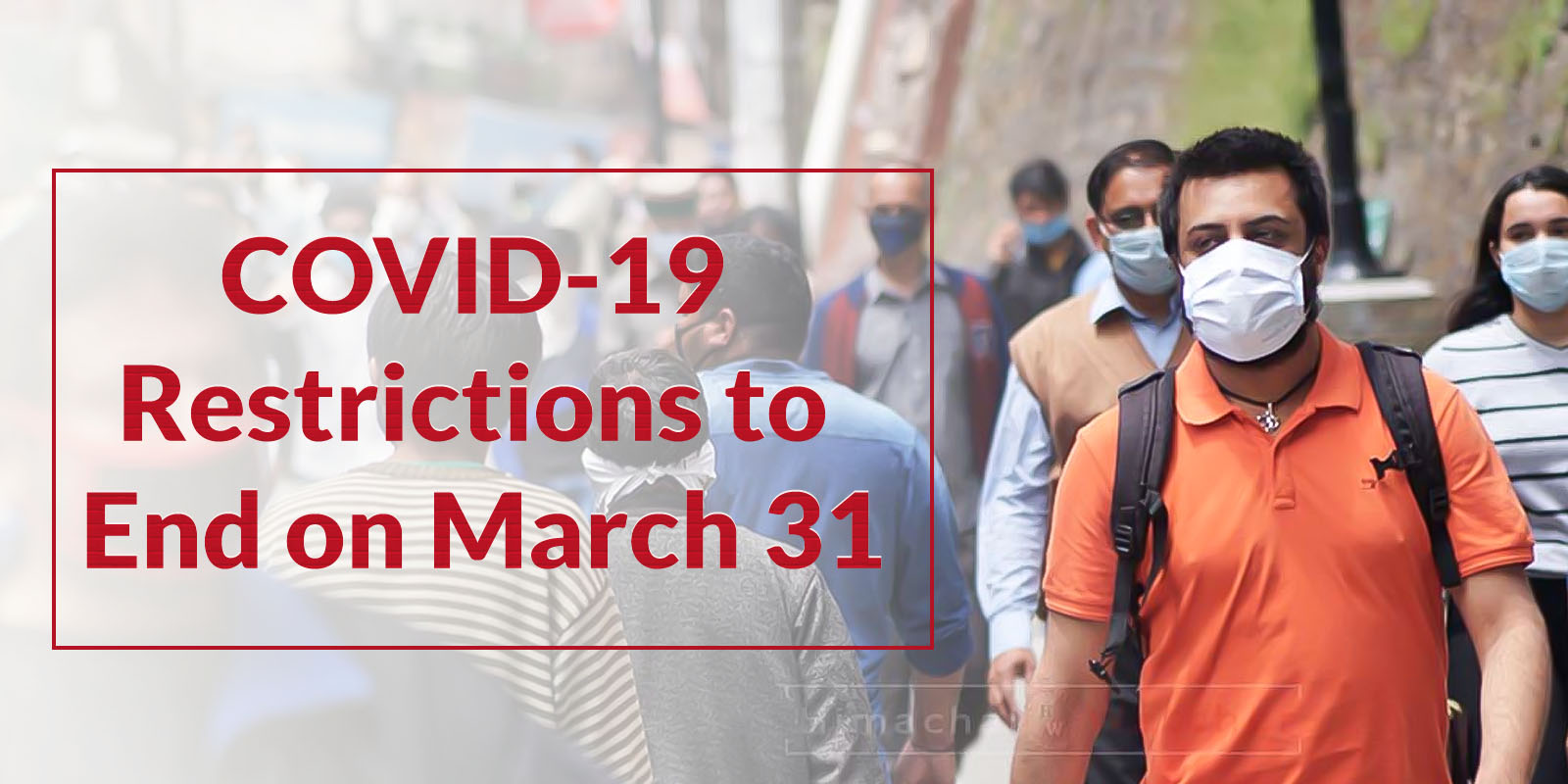
New Delhi-The Centre has issued a notification to the States informing that the provisions of the Disaster Management (DM) Act, 2005 will not be invoked in the country after March 31. The Union Health Ministry said that the use of face masks and following hand hygiene will continue.
It implies that most of the Covid-related rules and restrictions would end.
Union Home Secretary Ajay Bhalla issued the notification which said that the decision was taken following the overall improvement in the situation and the preparedness of the government in dealing with the COVID-19 pandemic.
However, local authorities and State police can still invoke fines and criminal cases against persons violating COVID-19 norms under the Indian Penal Code (IPC), a senior government official said.
The DM Act was invoked on March 24, 2020, due to the pandemic
“Over the last seven weeks or so there has been a steep decline in the number of cases. The total caseload in the country stands at 23,913 only and the daily positivity rate has declined to 0.28%. It is also worth mentioning that with the combined efforts, a total of 181.56 Cr vaccine doses have been administered,” the notification said.
“I would like to mention that in view of the nature of the disease, we still need to remain watchful of the situation. Wherever any surge in the number of cases is observed, the States/UTs may consider taking prompt and proactive action at a local level, as advised by MoHFW (Health Ministry) from time to time,” the notification said.
The Indian government had issued various guidelines and measures for the first time on March 24, 2020, under the Disaster Management Act to curb the COVID-19 situation in the country, which have been modified several times thereafter.
India currently has 23,087 active COVID-19 cases and recorded 1,778 new cases and 62 deaths in the last 24 hours. The daily positivity rate has also declined to 0.28%.
Nation
Vaccination of 15-18 Year Age Group in India from Jan 3, Precautionary Dose for Frontline Workers from Jan 10
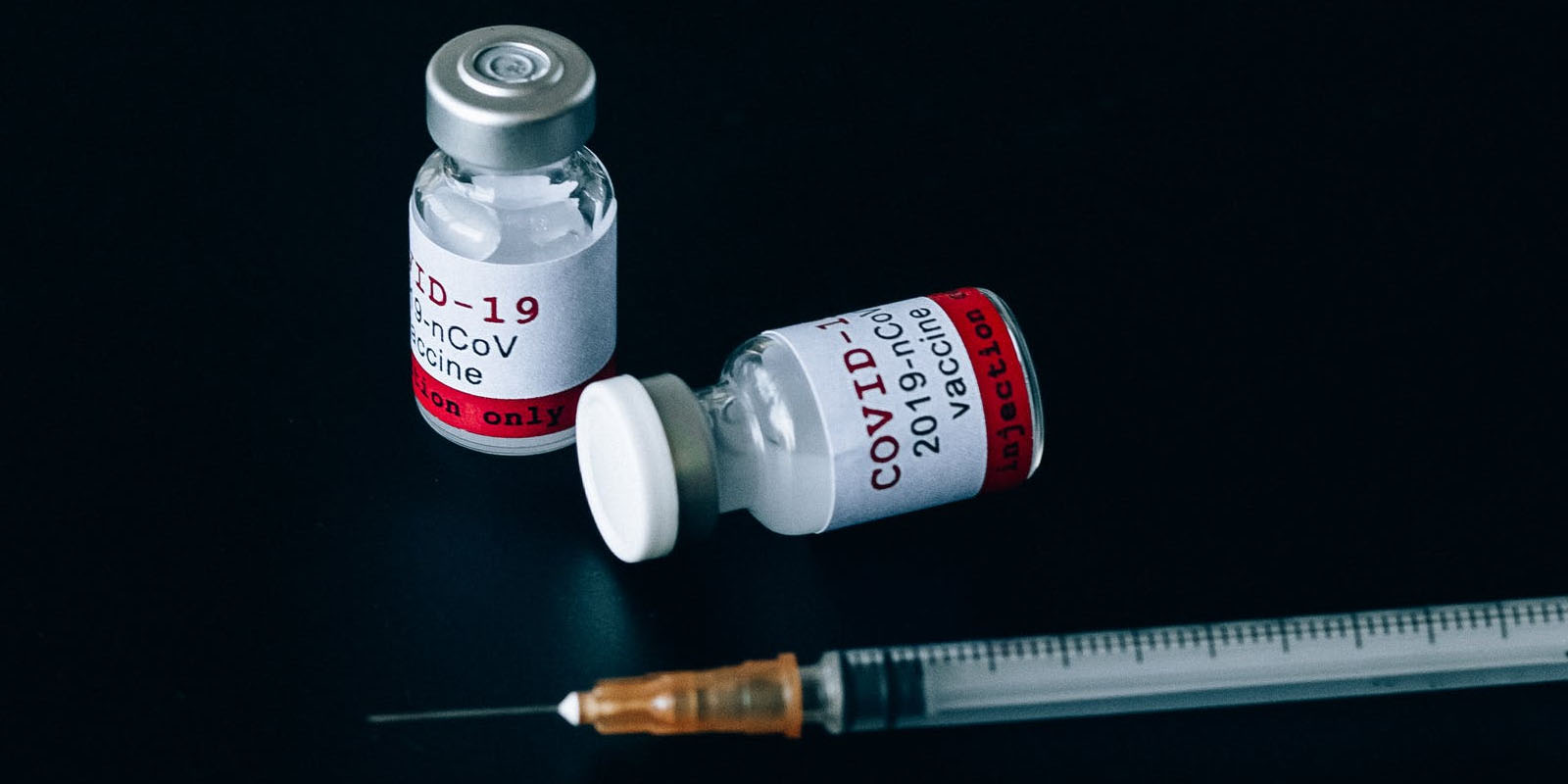
New Delhi-India will begin vaccination of the children in the age group of 15-18 years from 3rd January 2022. The move is likely to aid in education normalization in schools. The announcement was made by Prime Minister Narender Modi on Saturday evening. He also announced a precaution dose (booster dose) for healthcare and frontline workers from 10th January 2022, Monday.
In India, this has been called the ‘precaution dose’ not booster dose. An option of precaution dose will be available for senior citizens above 60 years of age with co-morbidities on the advice of their doctors from 10th January 2022.
Referring to the Omicron infections In India, the Prime Minister requested the people not to panic and to follow precautions such as masks and washing hands repeatedly.
According to the Government, the vaccination campaign started on 16th January this year has crossed the mark of 141 crore doses, and 61 percent of the adult population of the country has received both the vaccines and 90 percent of adults have received one dose.
According to the Government statistics, currently, the country has 18 lakh isolation beds, 5 lakh oxygen supported beds, 1 lakh 40 thousand ICU beds, 90 thousand ICU and Non-ICU beds especially for children, more than 3 thousand PSA oxygen plants, 4 lakh oxygen cylinders and support to states is being provided for buffer doses and testing.
The Prime Minister assured that soon the country will develop a nasal vaccine and the world’s first DNA vaccine.
Photo by Nataliya Vaitkevich from Pexels
Nation
Three Farm Laws to be Withdrawn, Announces PM Modi Ahead of Elections in Punjab and UP
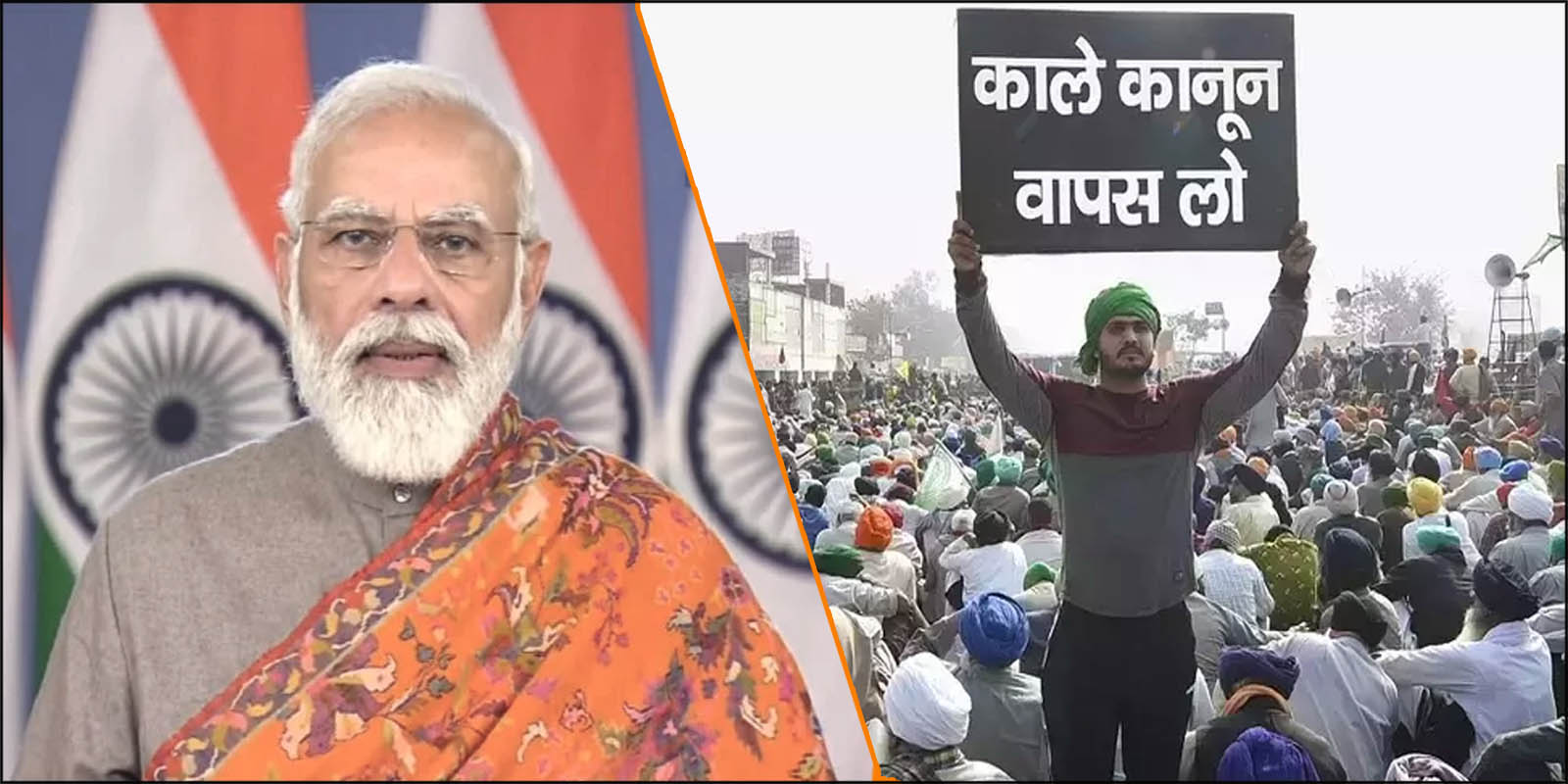
New Delhi: Ahead of assembly polls in Punjab and Uttar Pradesh, Prime Minister Narender Modi on Friday retreated from his stand on the three contentious farm laws and announced that the government will repeal three laws. He requested the protesting farmers to end the protest that has been going on for over a year now.
He said the three laws would be repealed in the winter session of Parliament starting later this month. He also said that though the laws were in the interest of the farmers, his government failed to convince them.
आज मैं आपको, पूरे देश को, ये बताने आया हूं कि हमने तीनों कृषि कानूनों को वापस लेने का निर्णय लिया है।
इस महीने के अंत में शुरू होने जा रहे संसद सत्र में, हम इन तीनों कृषि कानूनों को Repeal करने की संवैधानिक प्रक्रिया को पूरा कर देंगे: PM @narendramodi
— PMO India (@PMOIndia) November 19, 2021
The Prime Minister chose the occasion of Guru Nanak Jayanti to make this announcement. The decision is being perceived as an attempt to appease the farmers, especially in Punjab ahead of the assembly polls. Also, the results of by-poll held in various states are being seen as a setback to the ruling government that compelled it to reconsider its stand on the farm bills.
The Prime Minister said, “today I have come to tell you, the whole country, that we have decided to withdraw all three agricultural laws. In the Parliament session starting later this month, we will complete the constitutional process to repeal these three agricultural laws”.
It’s pertinent to mention that the Centre government had to announce a cut in taxes on petrol and diesel right after the results of bye polls were declared.
The three contentious bills are The Farmer’s Produce Trade and Commerce (Promotion and Facilitation) Bill, 2020, the Farmers (Empowerment and Protection) Agreement of Price Assurance and Farm Services Bill, 2020 and the Farmers’ Produce Trade and Commerce (Promotion and Facilitation) Bill.
The opposition Congress and farmers’ bodies have termed it a victory of their unity against the government’s decision. Former Chief Minister of Punjab, Captain Amarinder Singh was one of the first to welcome the decision through a Tweet.
Great news! Thankful to PM @narendramodi ji for acceding to the demands of every punjabi & repealing the 3 black laws on the pious occasion of #GuruNanakJayanti. I am sure the central govt will continue to work in tandem for the development of Kisani! #NoFarmers_NoFood @AmitShah
— Capt.Amarinder Singh (@capt_amarinder) November 19, 2021
यह जीत देश के किसानों की जीत है, लोकतंत्र की जीत है।
किसानों की जीत ने स्पष्ट कर दिया है- भारत में कभी तानाशाही हावी नहीं हो सकती, आखिर तानाशाह को झुकना पड़ा।#जीता_किसान_हारा_अभिमान pic.twitter.com/A9psOtBGq8
— Congress (@INCIndia) November 19, 2021


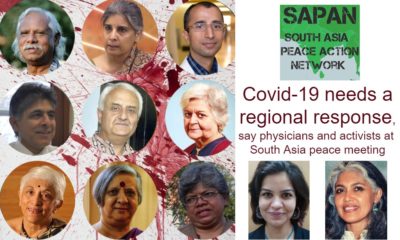

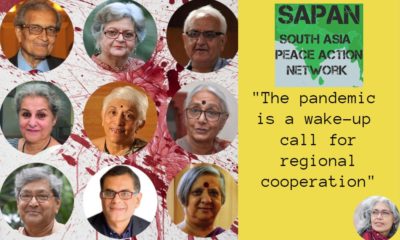

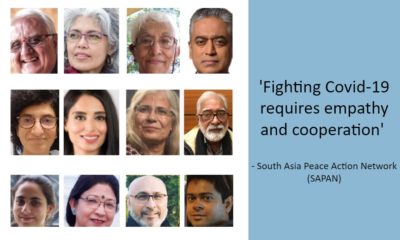







 Home Decor Ideas 2020
Home Decor Ideas 2020